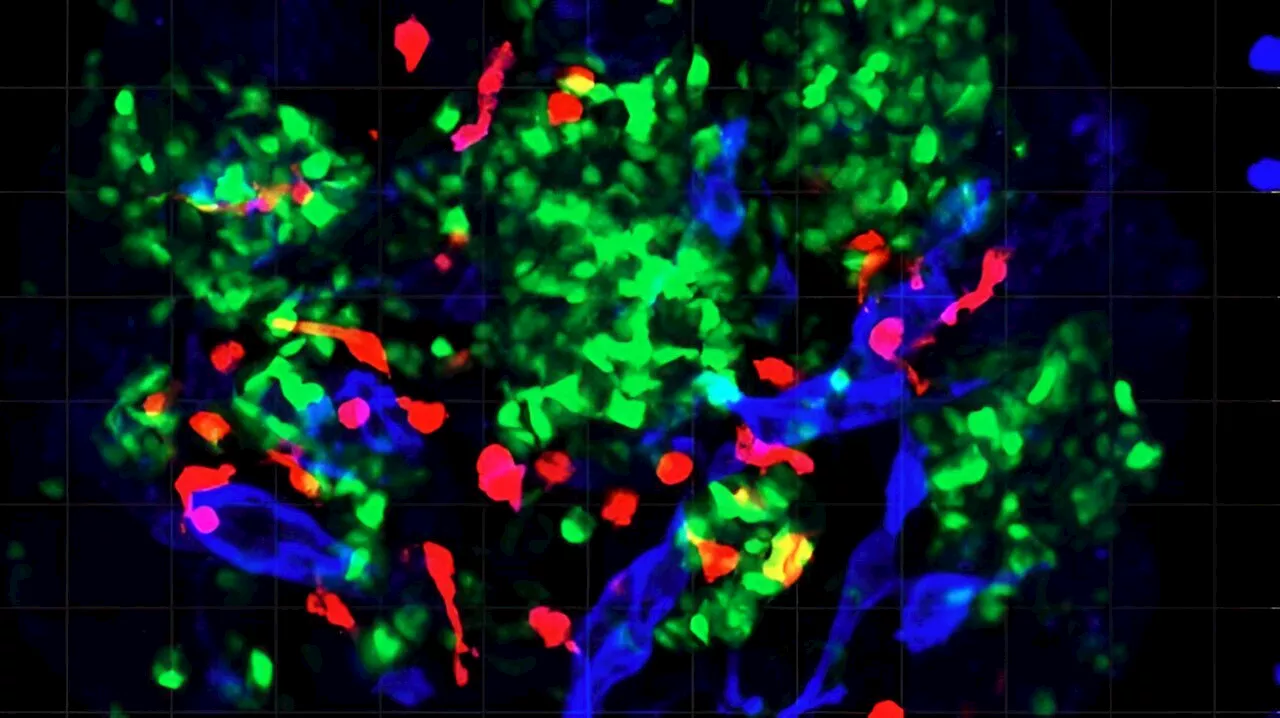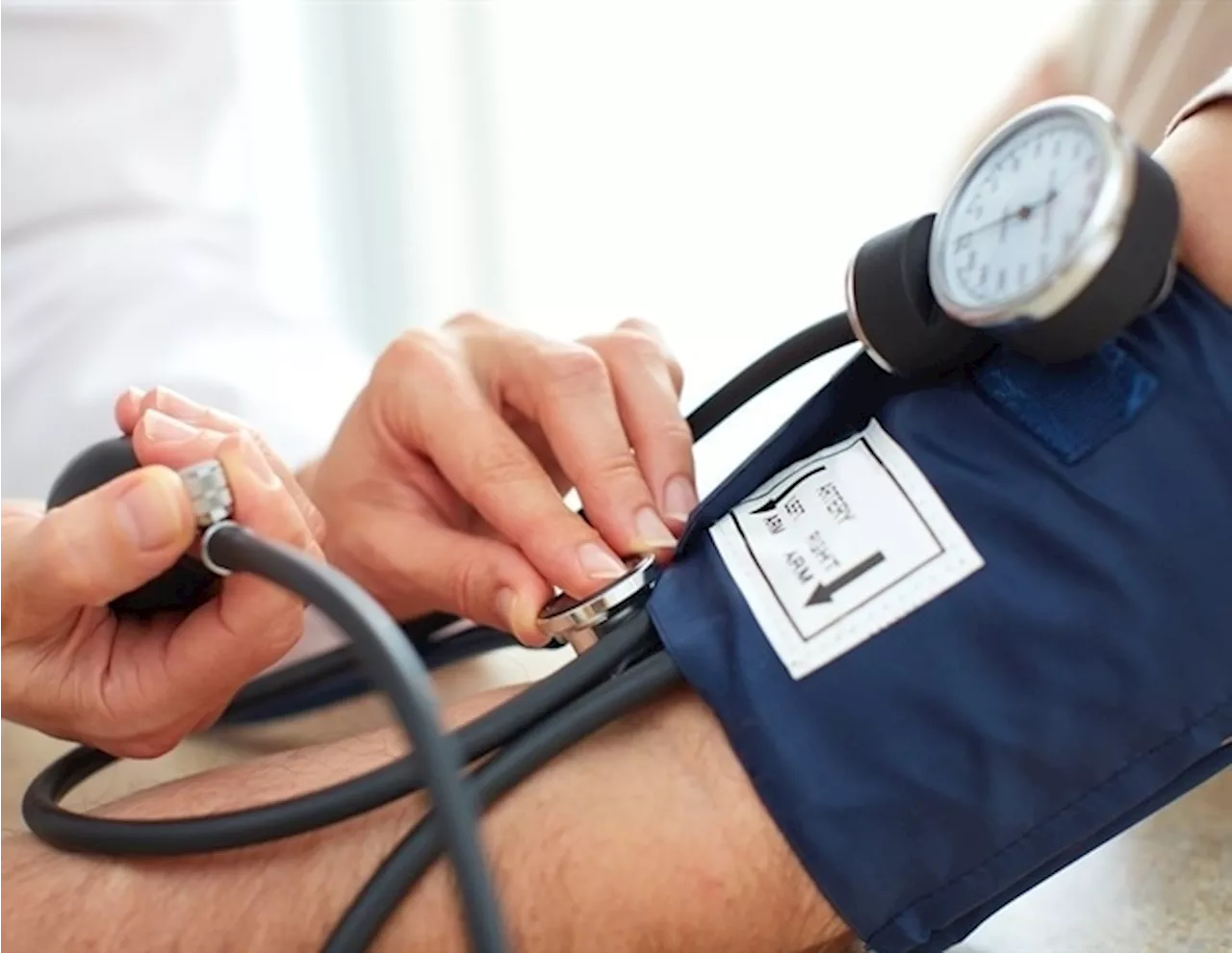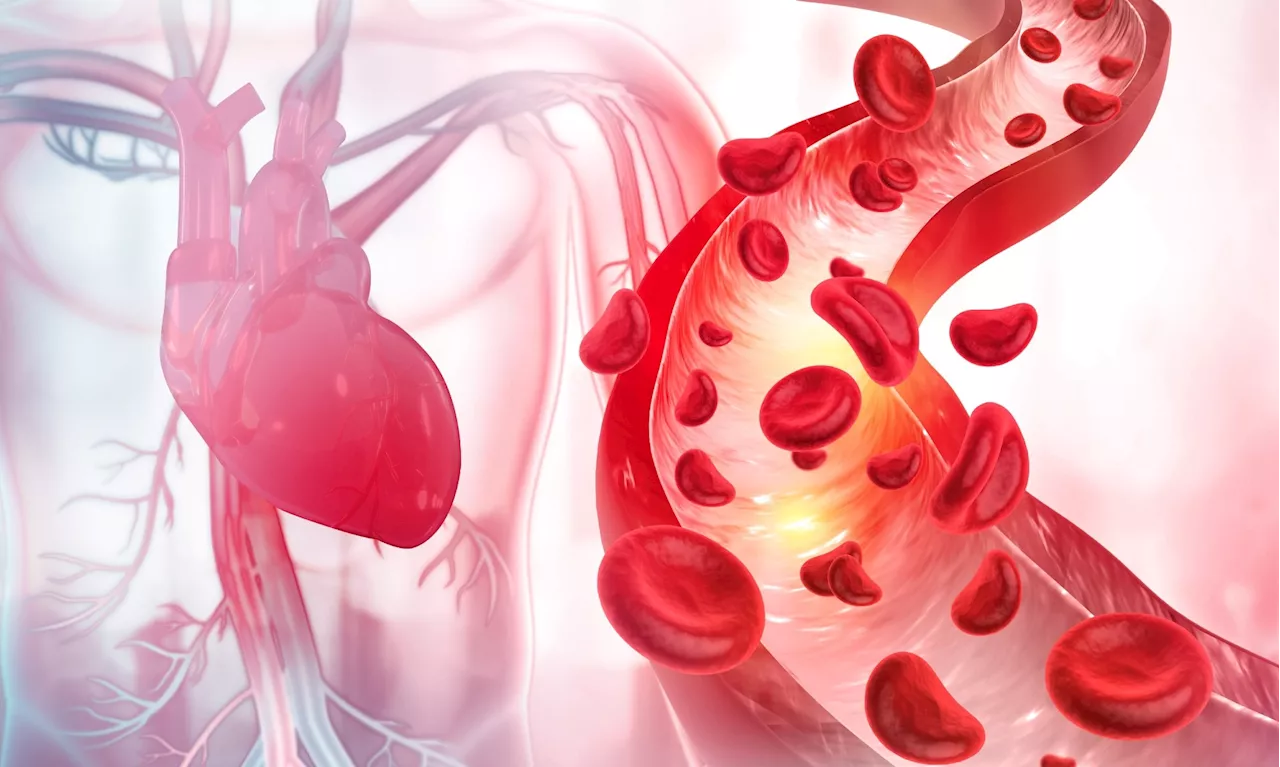Study shows that severe COVID-19 elevates the long-term risk of major adverse cardiac events (MACE), making it comparable to coronary artery disease. It also highlights a genetic interaction with ABO blood type, influencing cardiovascular outcomes.
By Dr. Liji Thomas, MDReviewed by Benedette Cuffari, M.Sc.Oct 13 2024 COVID-19 isn't just a respiratory illness; it's a long-term heart risk. This study reveals that the virus's impact on your heart lingers, putting survivors at an elevated risk of life-threatening cardiac events for years.
COVID-19 and MACE COVID-19 is associated with numerous acute and chronic complications, including major adverse cardiac events , some of which include myocardial infarction , stroke, and death from any cause. The incidence of MACE is particularly high during the first 30 days following infection with the severe acute respiratory syndrome coronavirus 2 , the virus responsible for COVID-19, with the risk of MACE remaining high for up to two years.
About the study Data for the current study were obtained from the United Kingdom Biobank on COVID-19 patients between January 1, 2020, and December 31, 2020. A total of 8,062 COVID-19 diagnoses were confirmed by polymerase chain reaction tests, whereas 1,943 individuals received hospital-based diagnoses. Data for the control cohort of 217,730 from the same period were also obtained from the U.K. Biobank.
COVID-19 patients were more likely to be males and have a comorbid cardiometabolic disease as compared to controls. The most common cause of death in both COVID-19 and control patients was cardiovascular disease and other disorders of the circulatory system. Males, younger people, as well as obese or diabetic patients, had differences in the risk of MACE. Hospitalization for COVID-19 was also associated with an increased risk of CVD mortality.
Among patients who were not prescribed antiplatelet drugs when enrolled in the U.K. Biobank, the risk of thrombosis was higher for those hospitalized for COVID-19 despite the absence of prior CVD. Conversely, neither MI nor stroke risk rose among COVID-19 patients without CVD who were prescribed antiplatelet drugs.
Arteriosclerosis Blood Chronic Coronary Artery Disease Coronavirus Drugs Genetic Locus Myocardial Infarction Respiratory SARS SARS-Cov-2 Severe Acute Respiratory Severe Acute Respiratory Syndrome Stroke Syndrome Thrombosis Vascular Virus
United Kingdom Latest News, United Kingdom Headlines
Similar News:You can also read news stories similar to this one that we have collected from other news sources.
 COVID-19 rates oscillate every six months in the US, new study showsCOVID-19 cases in the U.S. have shown unexpected oscillating waves every six months between the southern states and the northern states and, to a lesser degree, from east to west, according to research published in Scientific Reports.
COVID-19 rates oscillate every six months in the US, new study showsCOVID-19 cases in the U.S. have shown unexpected oscillating waves every six months between the southern states and the northern states and, to a lesser degree, from east to west, according to research published in Scientific Reports.
Read more »
 New warning to anyone who has had Covid in the past three yearsA new study into the long term effects of Covid-19 has been published
New warning to anyone who has had Covid in the past three yearsA new study into the long term effects of Covid-19 has been published
Read more »
 Study Reveals How COVID-19 Infection Can Cause or Worsen DiabetesNew research using 'model' organs demonstrates how the SARS-CoV-2 virus can infect a wide range of cell types and even alter their function, potentially contributing to the development or worsening of diabetes.
Study Reveals How COVID-19 Infection Can Cause or Worsen DiabetesNew research using 'model' organs demonstrates how the SARS-CoV-2 virus can infect a wide range of cell types and even alter their function, potentially contributing to the development or worsening of diabetes.
Read more »
 Study reveals majority of pediatric long COVID patients develop a dizziness known as orthostatic intoleranceA recent study from Kennedy Krieger Institute shows that the majority of children diagnosed with long COVID are likely to experience orthostatic intolerance (OI), a condition that causes the body to struggle with regulating blood pressure and heart rate when standing up.
Study reveals majority of pediatric long COVID patients develop a dizziness known as orthostatic intoleranceA recent study from Kennedy Krieger Institute shows that the majority of children diagnosed with long COVID are likely to experience orthostatic intolerance (OI), a condition that causes the body to struggle with regulating blood pressure and heart rate when standing up.
Read more »
 Study reveals high incidence of orthostatic intolerance in children with long COVIDA new study from Kennedy Krieger Institute shows that the majority of children diagnosed with long COVID are likely to experience orthostatic intolerance (OI), a condition that causes the body to struggle with regulating blood pressure and heart rate when standing up.
Study reveals high incidence of orthostatic intolerance in children with long COVIDA new study from Kennedy Krieger Institute shows that the majority of children diagnosed with long COVID are likely to experience orthostatic intolerance (OI), a condition that causes the body to struggle with regulating blood pressure and heart rate when standing up.
Read more »
 Cognitive distortions and deliberate ignorance lead to COVID-19 vaccine refusal, study saysResearchers find that deliberate ignorance and cognitive distortions drive COVID-19 vaccine refusal, emphasizing the need for tailored communication strategies.
Cognitive distortions and deliberate ignorance lead to COVID-19 vaccine refusal, study saysResearchers find that deliberate ignorance and cognitive distortions drive COVID-19 vaccine refusal, emphasizing the need for tailored communication strategies.
Read more »
